Jasmine Oil & Benefits
For many centuries, jasmine has been popular for its sweet, romantic scent and is used in some of the world’s best-known perfumes. It is also used to produce tea and is a common ingredient in alcoholic beverages, sweets and desserts.
Jasmine oil contains components with antiseptic and anti-inflammatory properties that provide a number of health benefits. Although it is a popular home remedy, used to treat a variety of ailments, ranging from depression to infections, it has historically been best known as an aphrodisiac.
Antispasmodic
Jasmine is used as a home remedy to treat spasms and cramps in various parts of the body, such as stomach spasms and spasmodic coughs. Effectively relieving contractions by using diluted jasmine oil topically for massage has been established in a study, however, further scientific evidence is very limited on jasmine oil’s ability to reduce spasms. Either way, using jasmine oil to massage muscles certainly won’t hurt and any relief it offers from spasms is a bonus.
Antiseptic
Jasmine oil has been shown to have antibacterial properties. Its antiseptic effects have been extensively studied and have been shown to actually fight a variety of bacteria. In one study, it was found that natural jasmine oil showed antibacterial activity against a certain strain of e.coli. Another study identified antimicrobial activity against various oral microorganisms, including e.coli, l.casei and streptococcus mutans. It also acted as an antimicrobial against all types of candida, the bacteria that causes thrush. Jasmine oil can be very effective in treating and preventing infections when applied to the skin in diluted form or used as a rinse for oral infections such as thrush.
Cicatrizing
The antiseptic properties of jasmine are beneficial in treating skin infections. Jasmine oil may have a cicatrizing effect and promote wound healing through the formation of scar tissue. According to research jasmine oil also has anti-inflammatory properties which makes it a useful agent in general skin care and the treatment of psoriasis. A recent animal study found that jasmine extract was able to speed up healing of chronic wounds, such as diabetic ulcers. It significantly enhanced wound contraction and increased formation of granulation tissue and new blood vessels. Applying diluted jasmine oil to minor wounds, such as small scratches and cuts, may promote faster healing.
Aphrodisiac
For eons the romantic fragrance of Jasmine has been believed to have aphrodisiac effects. It’s been worn as a perfume and, in parts of India, jasmine flowers are often included as decor at weddings and in the newly-weds’ bedroom to set the mood for romance.
Despite the fact that there is little scientific evidence to support its effects as an aphrodisiac, we know that inhaling jasmine fragrance by using it in aromatherapy or massage improves mood, increases romantic and positive feelings, and boosts energy levels. According to a small-scale study looking at the relationship between aromatic scents and sexual response, jasmine has a stimulating effect on brain waves, which may increase alertness to sexual signals and increase blood flow to the genitals. Body heat enhances the pleasant aroma of jasmine, applying jasmine oil to the neck can therefore make a welcome contribution to spice up the bedroom affairs. A few drops of jasmine oil on bedding, in a warm bath, or diffused in the bedroom may have the same effect.

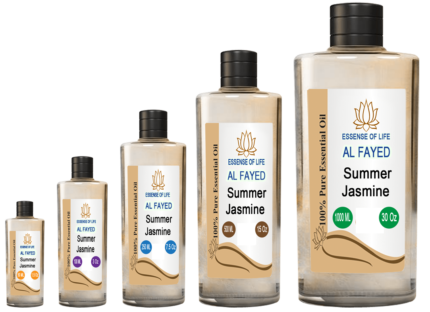
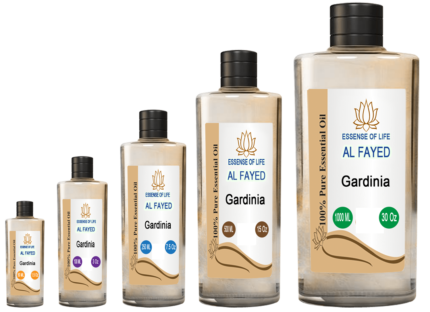




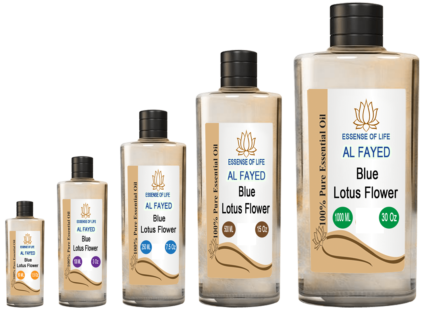
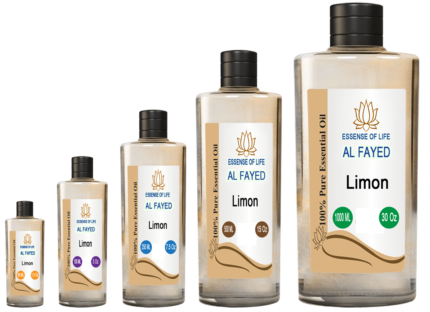

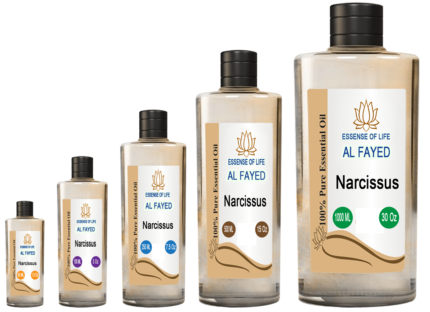
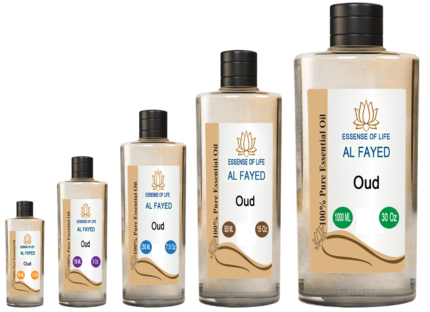

Reviews
There are no reviews yet.